Libya
The Libyan Parliament on Tuesday challenged the UN envoy's record, pointing to his failure to develop a legal framework for elections and announcing a new initiative to allow them to be held.
The envoy, the Senegalese Abdoulaye Bathily, announced before the Security Council on Monday the launch of an "initiative aimed at enabling the organization and holding of presidential and legislative elections in 2023" piloted by a "high-level panel ".
He pointed to the failure of the House of Representatives based in eastern Libya and the High Council of State (HCE), which acts as the Senate based in Tripoli, to " agree on a consensual constitutional basis for the elections".
"We are surprised by the errors in this presentation on the failure of the Parliament and the High Council to adopt a constitutional basis for the holding of the elections", indicated the presidency of the Parliament in a statement, accusing the UN mission in Libya of " bias".
Parliament had voted on February 8 on the "13th amendment" to the Constitutional Declaration - which serves as a provisional Constitution - presenting it as a legal framework for the holding of the elections initially scheduled for December 2021 but postponed indefinitely due to persistent differences. between rival camps.
This amendment "must still be approved by the HCE", underlined Mr. Bathily, while the text has already been published in the Official Journal by the Parliament itself.
"This 13th constitutional amendment has sparked controversy in the Libyan political class and among the population" for having failed to settle "primary disputes such as the presidential eligibility criteria" and for the absence "of a clear road and timetable for holding inclusive elections in 2023,” he added.
Libya has been in chaos since the fall of Muammar Gaddafi's regime in 2011.
The country is undermined by divisions between East and West and by foreign interference. Two rival governments are vying for power, one based in Tripoli - and recognized by the UN -, the other in Sirte (center), supported by Parliament.
Disagreements over the electoral legal framework relate in particular to the conditions that presidential candidates must meet.
The Western camp refuses that he is a soldier or of dual nationality, which would amount to dismissing Marshal Khalifa Haftar, a strongman of the Eastern camp who, for his part, opposes the exclusion of any candidate according to these criteria.



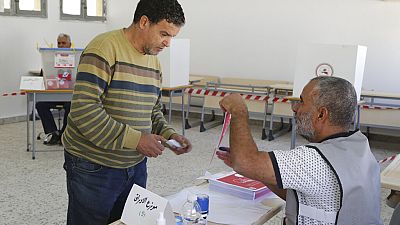

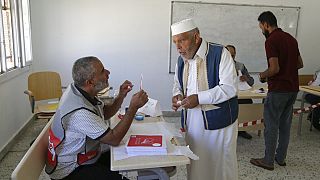
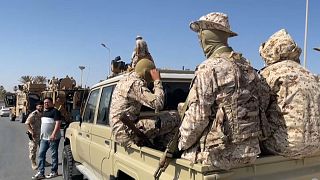
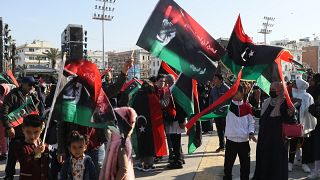
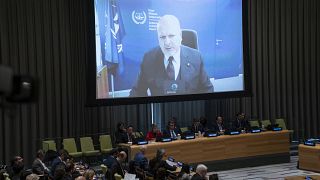

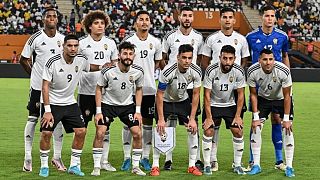



Go to video
Gaza war: What's next after new US veto on ceasefire draft resolution?
Go to video
US vetoes UN resolution demanding a cease-fire in Gaza for 4th time
01:08
Mozambique: Opposition leader Venancio Mondlane faces legal action
00:58
Somaliland opposition leader wins presidential poll
02:09
Russia vetoes UN resolution calling for immediate cease-fire in Sudan
01:48
Mixed feelings among Senegal's residents about election, as government claims victory